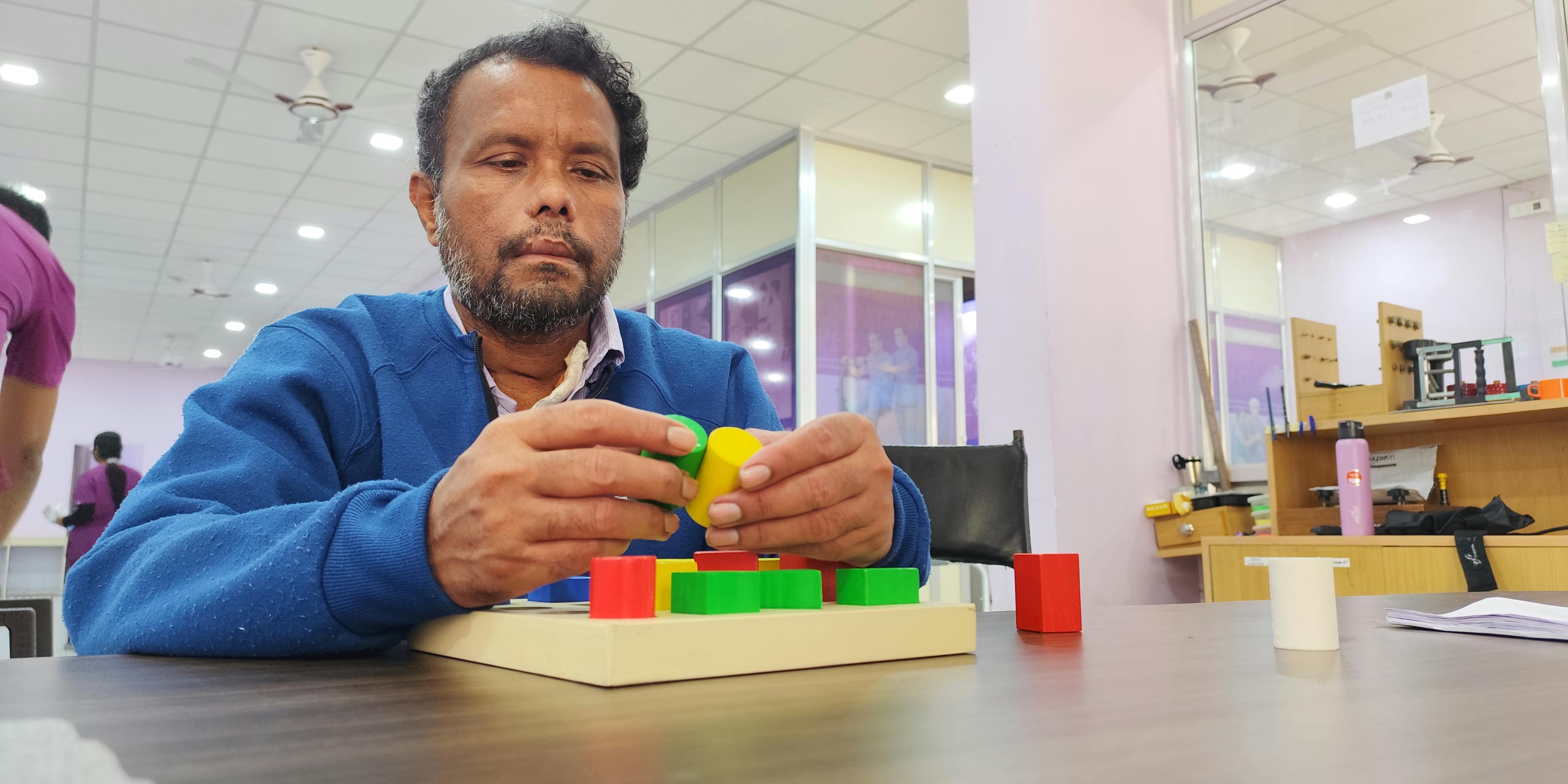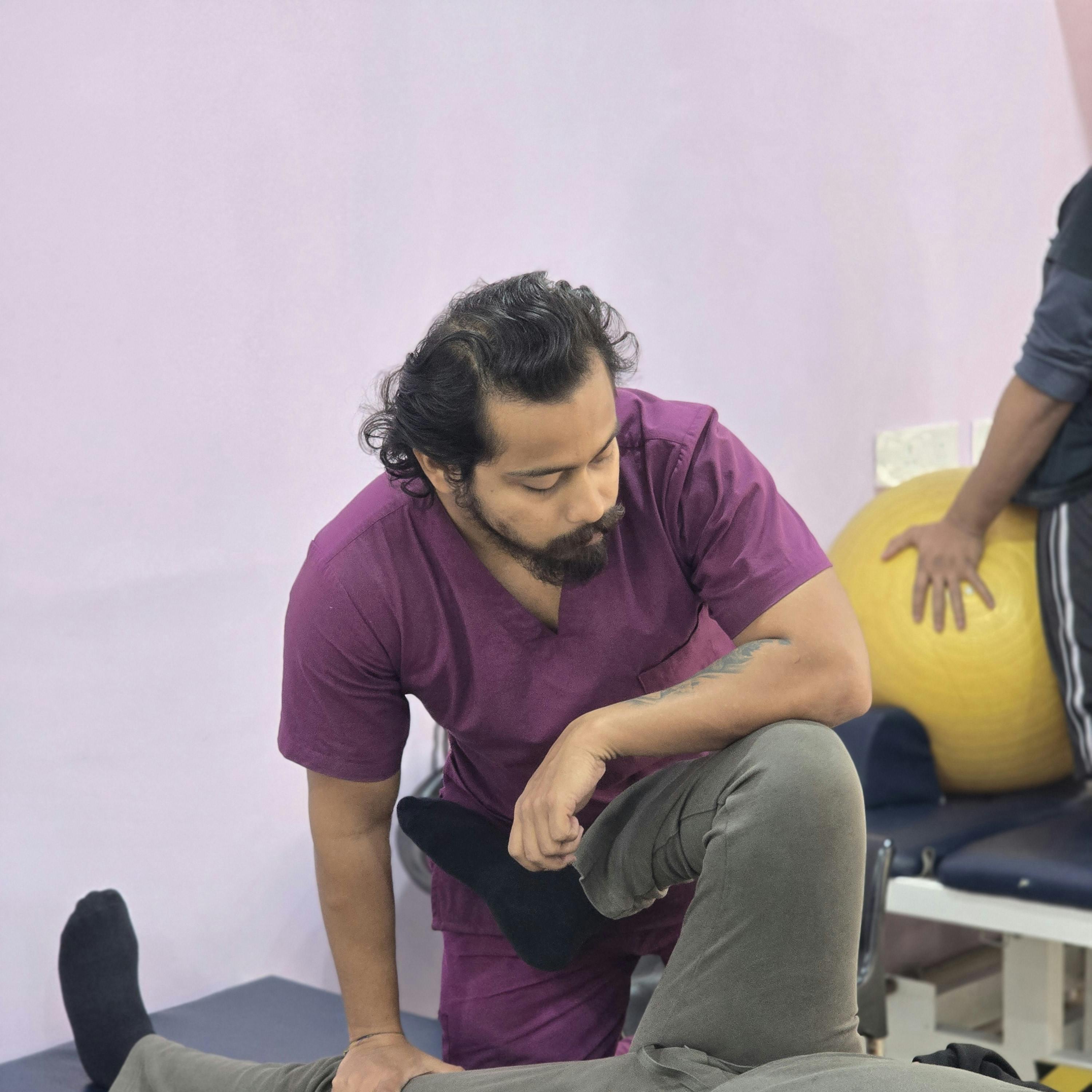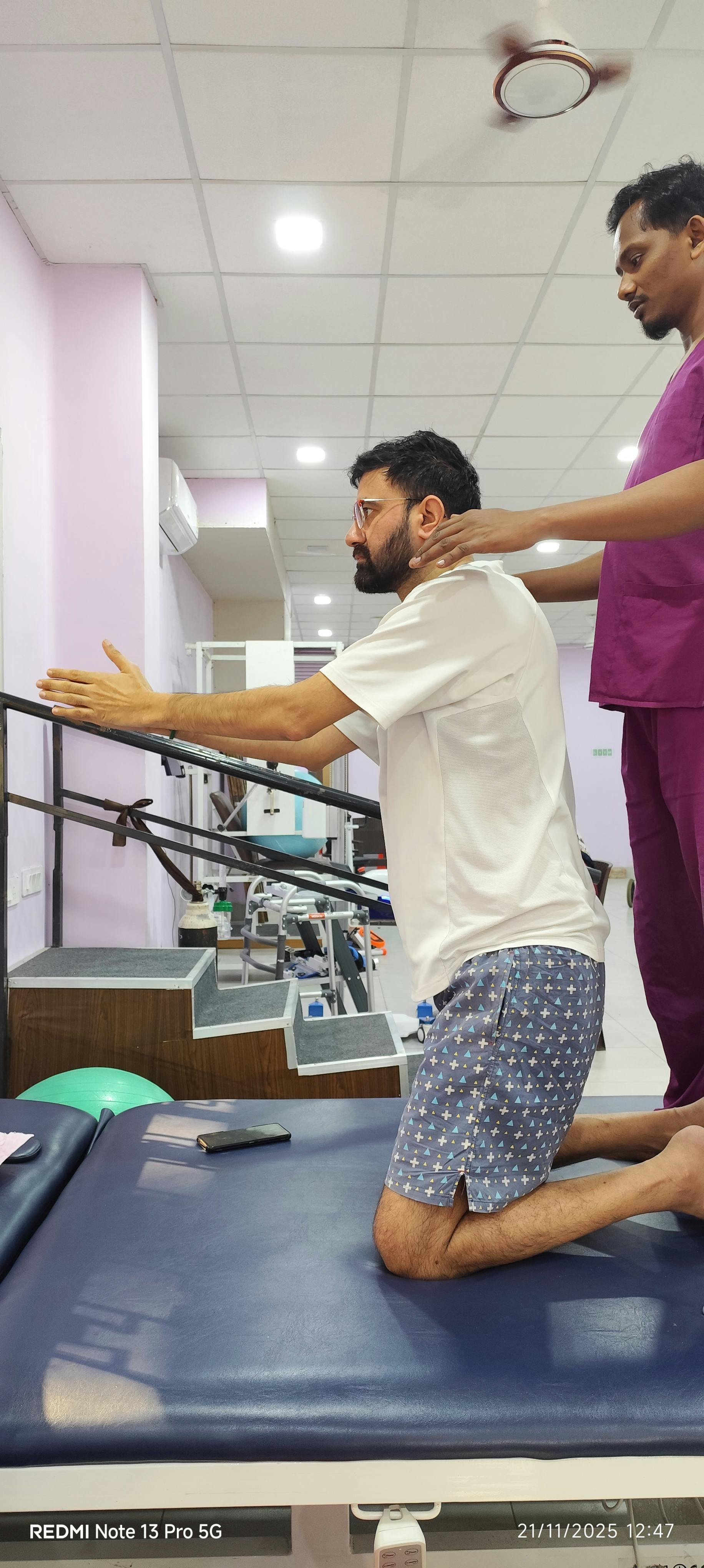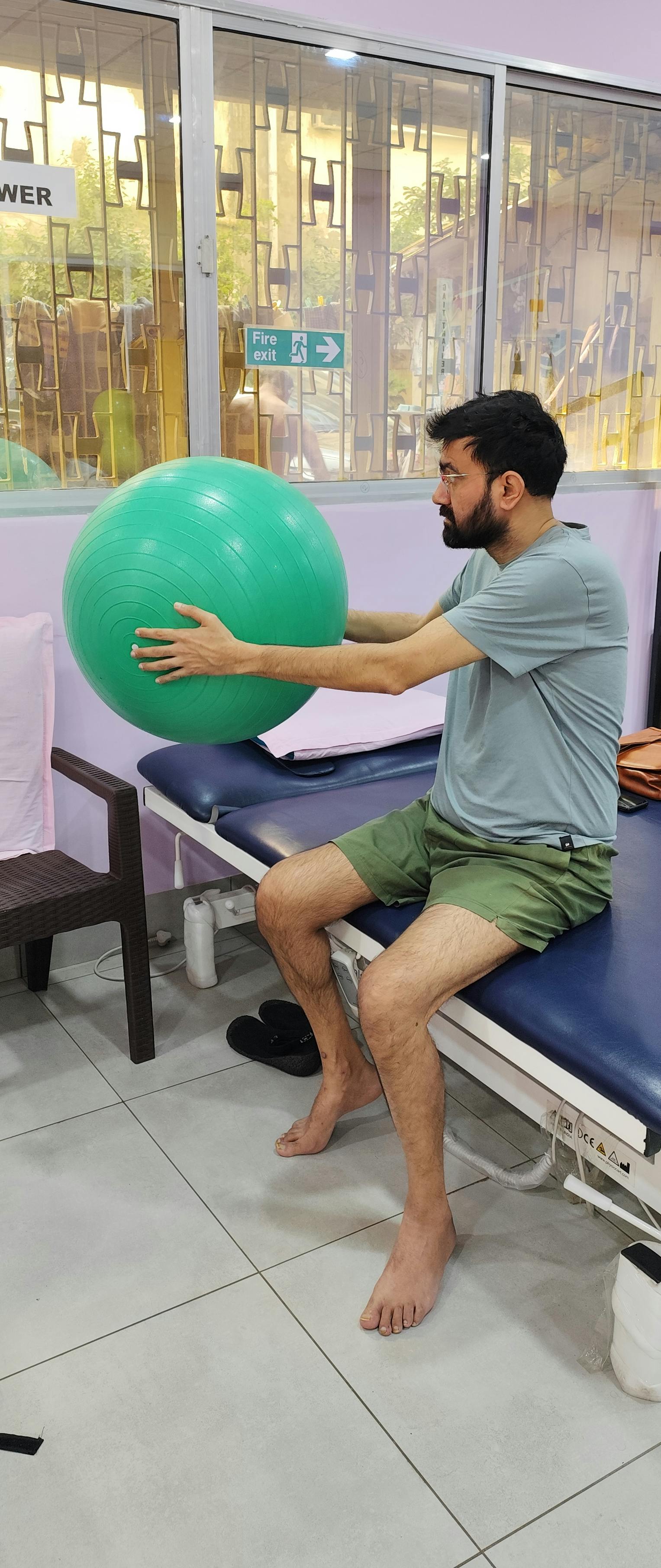
Occupational Therapy for Traumatic Brain Injuries Helps Recovery
Occupational Therapy for Traumatic Brain Injuries Helps Recovery. Discover how occupational therapy helps traumatic brain injury recovery.
Read MoreAre you struggling with pain relief therapy in our bustling Indian cities? As a doctor who specializes in treating pain, I’ve noticed something important. Many people in places like Mumbai, Delhi, and Bangalore are dealing with long-lasting pain, and their therapy isn’t working as well as it should. Why? Because there are hidden reasons for pain that many don’t know about.

These reasons are part of our everyday lives. They’re things we do or experience every day, but we don’t realize they can cause pain or make it worse. Today, we’re going to talk about five surprising things that might be getting in the way of your pain relief therapy. These are things you probably see and use daily, but you might not know they can hurt you.
Are you curious to find out what these hidden pain-causers are? Let’s explore together and learn how to make your pain relief therapy work better. By the end of this blog, you’ll have new ideas to help you feel better and live with less pain. Ready to uncover these secrets? Let’s begin our journey to better health and comfort!
Many of us in cities like Delhi, Mumbai, or Bangalore spend a lot of time sitting. Whether you’re working in an office, driving through traffic, or relaxing at home, all this sitting can hurt your body.
Think about Rahul, a 35-year-old bank clerk in Pune. He sits at his desk for 8 hours every day. Then he sits in his car for an hour to get home. At night, he watches TV for 2 more hours. That’s 11 hours of sitting! No wonder his back always hurts.
Sitting for long times can:
– Make your back muscles weak
– Put too much pressure on your spine
– Cause your neck and shoulders to become stiff
What can you do about it?
– Stand up every 30 minutes, even if it’s just for a minute
– Take a short walk during your lunch break
– Try to use a standing desk for some of your work
– Do simple stretches at your desk
Remember, our bodies are made to move. Even small changes can make a big difference. Next time you’re sitting for a long time, think of Rahul and take a quick stand-up break. Your body will thank you!

In India, we love our smartphones and computers. From chatting on WhatsApp to working on laptops, these devices are a big part of our lives. But using them too much can cause pain.
Let’s talk about Priya, a 28-year-old social media manager in Bengaluru. She’s always on her phone or computer. She checks Instagram while having breakfast, works on her laptop all day, and watches YouTube videos before bed. Now, her neck always hurts, her shoulders feel tight, and her wrists ache.
Using phones and computers for long hours can cause:
Here’s what you can do:
Remember, it’s not about stopping use of these devices. It’s about using them in a way that doesn’t hurt your body. Next time you pick up your phone, think about Priya and try to hold it a little higher. Small changes like this can help prevent pain.

Must read : Physiotherapy in Kolkata : 5 Cutting-Edge Techniques
Life in Indian cities can be very stressful. From the noisy traffic in Mumbai to the fast-paced work in Delhi’s offices, stress is everywhere. What many people don’t know is that stress can make pain worse or even cause pain.
Think about Amit, a 40-year-old software engineer in Hyderabad. He’s always worried about work deadlines and family responsibilities. Lately, he’s been having terrible headaches and his shoulders always feel tight. Amit didn’t realize that his stress could be making his pain worse.
Stress can affect your body in many ways:
Here are some things you can do to reduce stress:
Remember, managing stress isn’t just good for your mind – it’s good for your body too. Next time you feel stressed, think of Amit and try taking a few deep breaths. It might just help with your pain as well.

In our busy city lives, it’s easy to forget about eating healthy. Many of us grab quick meals or eat lots of junk food. But did you know that what you eat can affect your pain?
Let’s talk about Meera, a 45-year-old teacher in Chennai. She often skips breakfast, eats oily canteen food for lunch, and has instant noodles for dinner. Lately, she’s been feeling very tired, and her joints hurt, especially her knees.
Poor eating habits can lead to:
Here are some simple ways to eat better:
Remember, you don’t have to change everything at once. Start with small changes. Maybe add a fruit to your breakfast or choose a salad instead of fried snacks sometimes.
Eating right isn’t just about staying slim or having energy. It can also help with pain. Next time you’re choosing what to eat, think of Meera and try to pick something that’s good for your body. Your joints might thank you for it!

Must Read: Exploring Physiotherapy in Kolkata: Top 10 FAQs Answered for Better Health
In our busy Indian cities, many of us don’t get enough good sleep. We stay up late watching TV, work night shifts, or live in noisy areas. But did you know that not sleeping well can make pain worse?
Think about Ravi, a 35-year-old call center employee in Gurgaon. He works night shifts and sleeps during the day. His sleep is often interrupted by noise, and he rarely feels well-rested. Now, Ravi notices that his body aches all the time, and even small pains feel much worse.
Poor sleep can affect pain in several ways:
Here are some tips for better sleep:
Remember, good sleep is not a luxury – it’s necessary for your health and can help manage pain. Next time you’re tempted to stay up late, think of Ravi and consider going to bed instead. A good night’s sleep might be the pain relief you’ve been looking for!
As we’ve seen, chronic pain in urban India isn’t just about injuries or medical conditions. Our everyday habits play a big role too. From sitting too much to not sleeping well, these hidden culprits can make pain relief therapy less effective.
Let’s recap what we’ve learned:
The good news is that we can do something about these issues. Small changes in our daily lives can make a big difference. Stand up more often, hold your phone at eye level, take deep breaths when stressed, eat more fruits and vegetables, and try to get better sleep.
Remember, pain relief isn’t just about medicines or treatments. It’s also about how we live our lives every day. By addressing these hidden culprits, we can support our pain relief therapy and work towards a more comfortable, pain-free life.
If you’re struggling with chronic pain despite making these changes, don’t hesitate to talk to a doctor. Sometimes, we need extra help, and that’s okay.
Take care of yourselves, dear readers. Here’s to healthier habits and less pain in our busy urban lives!
Knowledge That Guides Recovery
Get expert neuro rehabilitation tips from the doctors at Rehabana, Kolkata — simple guidance on stroke recovery, spinal cord injury rehab, Parkinson’s care, and enhancing quality of life after neurological conditions.

Occupational Therapy for Traumatic Brain Injuries Helps Recovery. Discover how occupational therapy helps traumatic brain injury recovery.
Read More
How Speech Therapy Helps Patients with Parkinson’s Disease: Learn how speech therapy can help with slur, speech and swallowing difficulties.
Read More
Speech therapy and language therapy improve communication skills. Speech-language pathologists can help with speech and language, and swallowing.
Read More